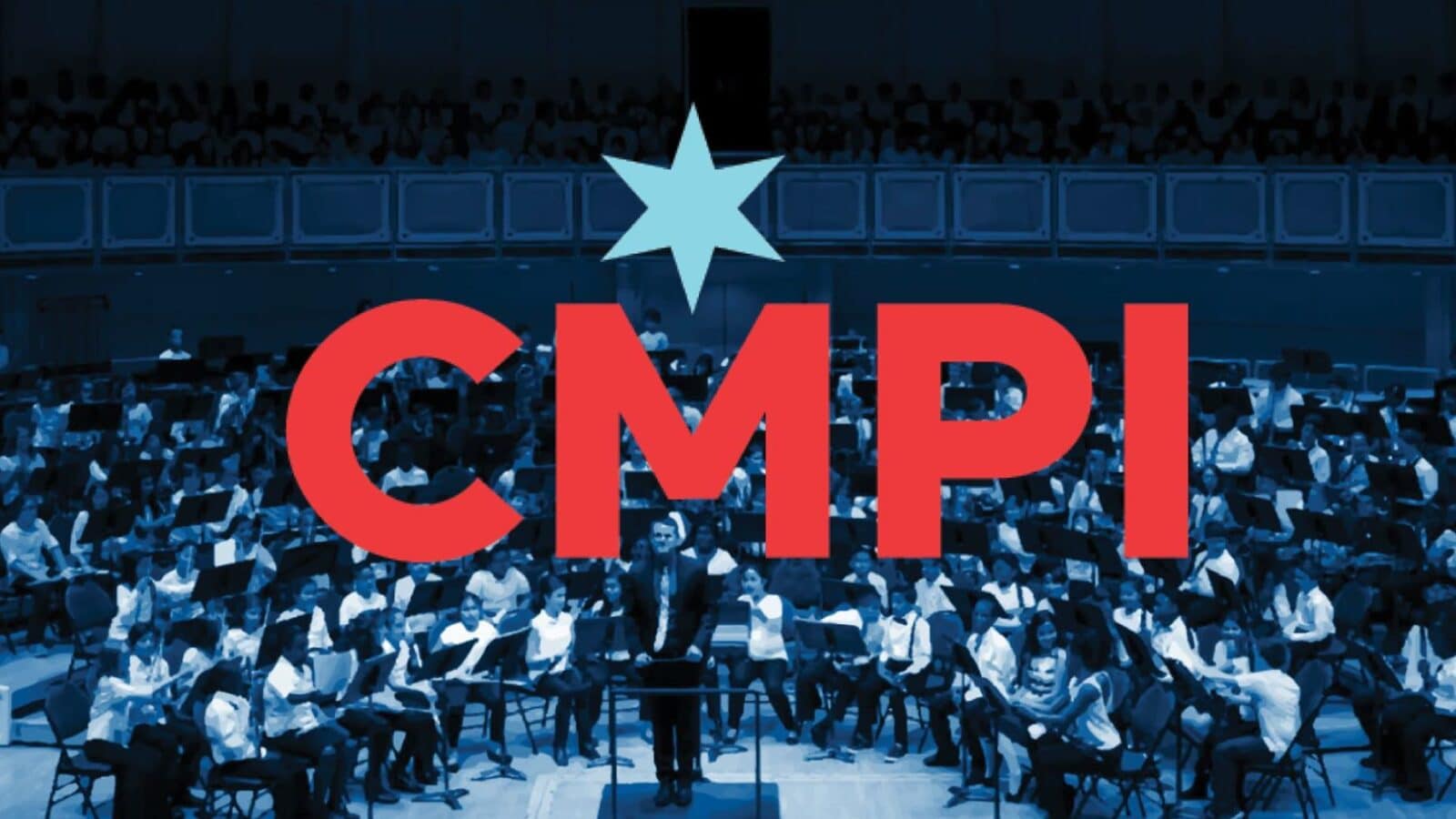Free your mind and the breaths will follow

A screen grab of CMPI Performance Psychologist Dr. Orit Carpenter, from her summer 2020 Zoom lecture to the program’s senior fellows.
“Working hard takes you outside of your mind,” says Performance Psychologist Dr. Orit Carpenter, the newest addition to the teaching faculty at the Chicago Musical Pathways Initiative, a robust training program for talented, local student musicians from traditionally underrepresented backgrounds.
Dr. Carpenter, whose distinguished résumé includes residencies with Lyric Opera of Chicago’s Ryan Opera Center and DePaul University, was introduced to CMPI senior fellows through a virtual Zoom meeting this summer. “[The students] are so open-minded and motivated and they asked great questions. I am looking forward to productive work in the coming months,” says Dr. Carpenter, reflecting on her premiere lecture.
The meeting began with a discussion of the history and origins of performance anxiety. One of the oldest written accounts is in the book of Exodus, when Moses must go to Pharaoh to bring the Israelites out of Egypt. Moses gets tongue-tied and is uncertain about completing the task. We also learned how performance venues have evolved; auditoriums lit with torches, gas, and limelight now use electricity. Finally, composer Richard Wagner insisted on creating distance between the audience and performer, including darkening the auditorium, to lessen his anxiety.
Musicians must develop watertight mindsets to deliver consistent performances. Dr. Carpenter suggests creating and implementing a plan of action to reach specific goals. At the meeting, she demonstrated an exercise called The Bumblebee. To begin, participants gently close their eyes and relax their faces. Then, with thumbs gently plugged in ears, students create a low-pitched buzzing sound (like a bumblebee) while taking deep breaths. When the exercise is over and eyes have been opened, participants tend to find themselves in a more calm and silent mindset.
Prior to the meeting, the CMPI fellows read the book Audition Success by Don Greene. In the book, Greene helps two musicians implement routines and techniques to aid them in stress-inducing situations on their musical journeys. The book provides insights into how a performance psychologist helps individuals reach goals. Dr. Carpenter’s strategy to achieve an end goal is to break it down into smaller tasks within one’s immediate control. She helps musicians build a ‘tool kit’ which includes deep breathing, imaging, reframing, and positive self-talk.
Keen on helping musicians find their way, she underscores the importance of individuality. Each person has different strengths and weaknesses. Case in point, Dr. Carpenter recalled working with a singer who needed to switch characters on a dime. The thought of having to cover for another singer in an emergency caused anxiety. The singer was asked to close her eyes, relax, and visualize switching roles. Dr. Carpenter had her repeat this process until it became “a walk in the park.”
Another student was performing hunched over, leading to air constraints. Dr. Carpenter worked on posture and imagery to overcome the obstacle. The student opened up his diaphragm, his jaw and hands were relaxed, and his voice projected much further! Minute observations of body language and tone of voice allow Dr. Carpenter to figure out specific problems and to suggest solutions as they pertain to each individual.
Fellows auditioning for college in the spring will begin individual coachings with the performance psychologist this month. Dr. Carpenter is looking forward to the journey and hopes her work serves them well “not just for the next big audition,” she adds, “but to develop a ‘toolkit’ they can use throughout their whole career.”
By CMPI Student Navigator Miguel Aguirre
